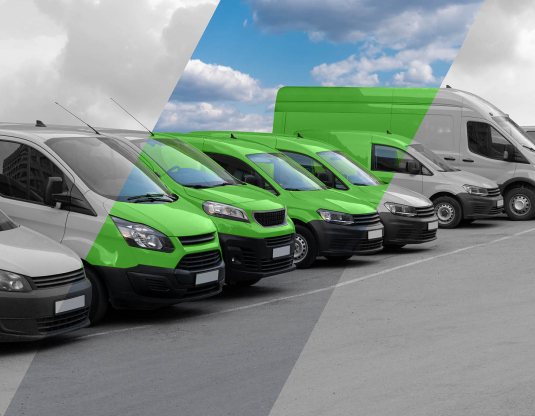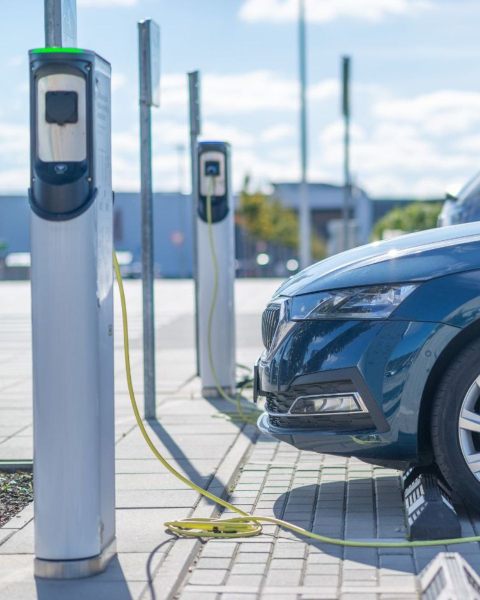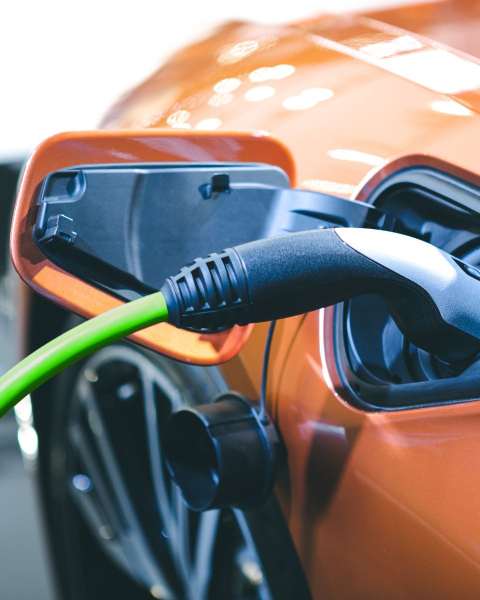Welcome to an exploration of the vital role of commercial electric vehicle (EV) chargers in the business landscape, guided by our in-house Electric Vehicle Expert.
Cost Savings and Sustainability
In recent years, a notable surge in businesses adopting electric vehicles has unfolded, signalling a shift towards sustainable transportation. These vehicles are not merely a fleeting trend; they represent the future of eco-friendly travel. But why should businesses invest in commercial EV chargers?
The Benefits of Commercial EV Chargers are manifold. Firstly, businesses can experience significant Cost Savings by embracing electric vehicles, with on-site commercial EV chargers amplifying these savings—especially when coupled with renewable energy technologies like Solar PV. Sustainability, ESG (Environmental, Social, and Governance), and CSR (Corporate Social Responsibility) have become crucial aspects of corporate responsibility. EVs and associated charging infrastructure contribute significantly to reducing a business’s carbon footprint and strengthening its CSR initiatives.


Employee Attraction, Retention, and Compliance through Commercial EV Chargers
Employee Attraction and Retention have become pivotal in today’s competitive job market. Offering EV charging as an employee benefit not only sets businesses apart but also proves attractive to eco-conscious talent, fostering loyalty. Additionally, with increasing environmental regulations and emissions targets, businesses need to embrace cleaner transportation options to meet compliance requirements. This is where Commercial EV Chargers play a crucial role.
Choosing the Right Charger
Moving on to the Types of Commercial EV Chargers, AC (Alternating Current) EV Chargers are ideal for businesses with moderate charging needs, such as office properties and attraction spaces where vehicles will be parked for over 2 hours. These chargers operate at speeds between 3.6kW – 22kW. On the other hand, DC (Direct Current) Fast Chargers are perfect for locations where quick turnaround is crucial, such as motorway services and busy retail areas. They are also suitable for companies operating larger electric vehicles like vans, lorries, and buses, operating at speeds between 24kW – 360kW. When paired with the right charging management software, both types of chargers unlock advanced features, facilitating efficient charging infrastructure management.
Navigating Costs, Maintenance, and Charging Duration
Addressing financial considerations, one common question is, “How much does it cost to install a commercial EV charger?” Costs vary based on charger type, electrical capacity, and installation complexity. Consulting with experts is essential for an accurate estimate.
Maintenance is a vital aspect of commercial EV chargers, requiring regular upkeep to ensure reliability. Maintenance costs vary based on charger complexity and usage. SaveMoneyCutCarbon offers maintenance packages for completed EV Charging projects, including retrospective support for older EV Charging technology.
Charging Duration is a commonly asked question, with times varying based on charger type and vehicle specifications. AC chargers might take a few hours, while DC fast chargers provide a significant boost in minutes.


Conclusion
The evolving business landscape makes sustainable choices like adopting commercial EV charger’s imperative. Businesses investing in EV charging infrastructure today not only contribute to a cleaner environment but also position themselves for long-term success.
Businesses interested in exploring commercial EV chargers can reach out to our E-Mobility experts, conduct a cost-benefit analysis, and take the first step toward a greener, more sustainable future.



